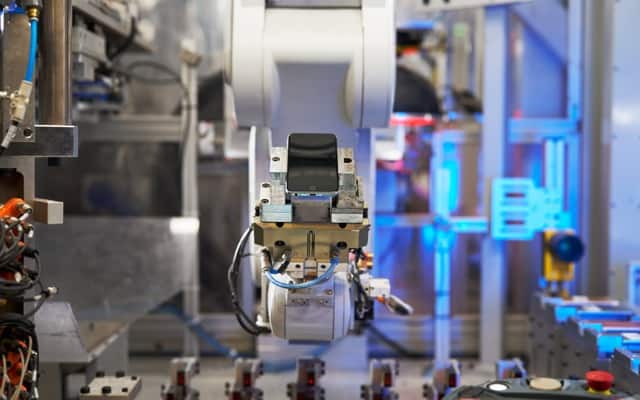Apple targets 100% recycled cobalt in its batteries by 2025

Apple aims to increase the use of recycled metals in its future products.
Apple has pledged all of its batteries will be made entirely of recycled cobalt by 2025, as part of its larger plan to become carbon neutral throughout its entire supply chain.
The recycled cobalt target was announced on Thursday, with vice president of environment, policy and social initiatives Lisa Jackson saying Apple’s wider goal is to use 100% recycled and renewable materials, while making all products carbon neutral by 2030.
“We’re working toward both goals with urgency and advancing innovation across our entire industry in the process,” Ms Jackson said.
Other recycled metals
As Ms Jackson mentioned, other recycled metals beyond cobalt will include rare earths, tin, tungsten, aluminium and gold.
By 2025, Apple will use only recycled rare earths in its device magnets, along with recycled tin solder and gold plating on all printed circuit boards that are made in-house.
The business has already made strides in this direction with more than two-thirds of the aluminium, almost three-quarters of the rare earths, and more than 95% of the tungsten in Apple products coming from recycled sources in 2022.
Carbon neutral: a permanent commitment
Key to the company’s commitment to environmental responsibility is its goal of becoming carbon neutral by 2030.
In order to accomplish this, the company is taking a number of actions, including a tripling of its financial contribution to a fund started in 2021 to finance carbon abatement projects.
By investing more resources into this fund, Apple is seeking to foster the development and implementation of innovative solutions that address the issue of carbon emissions within the company.
Cobalt mining issues
It’s no secret that cobalt mining has been linked to violations of human rights and environmental concerns, particularly in the Democratic Republic of the Congo (DRC) where child labour is often used and conditions for workers are rather unsafe.
Hence why companies such as Panasonic and Tesla are moving to cobalt free batteries for their products.
Apple has also collaborated with groups like the Fund for Global Human Rights to support frontline environmental and human rights advocates as well as programs for local communities moving away from mining through vocational education.
Although it should be noted that despite its efforts to clean up its corporate image, Apple’s outsourced Foxconn factories in China that build its products have been anything but humane and offer rather unsafe working conditions.
Creative recycling techniques
In a bid to reach the company’s sustainability initiatives, Apple has been developing cutting-edge recycling techniques.
Daisy, the company’s robot for disassembling iPhones, divides batteries from other parts so that specialised recyclers can recover cobalt, lithium, and rare earth elements.

Daisy can recognise different iPhone models, allowing for precise actions to be performed for efficient dismantling and recycling.
Apple calculates that since 2019, more than 11,000 kilograms of cobalt has been recovered from batteries extracted by Daisy and sold again.
Additionally, Apple has provided recycling partners with overhead projector-based augmented reality systems to speed up the disassembly of gadgets like MacBooks and iPads.
To aid human workers during disassembly, this system directly projects video imagery onto a work surface.
While the amount of metals needed to bring about the ‘green economy’ seem far more than currently being mined and explored for, improved recycling techniques may ease the burden of sourcing the raw materials needed.
